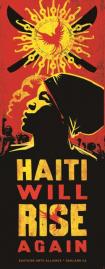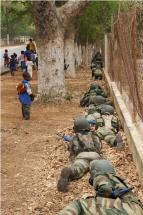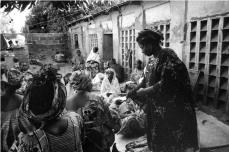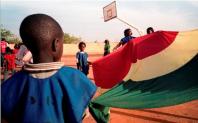Subscribe to Our Newsletter
Special Offer from PM Press
Now more than ever there is a vital need for radical ideas. In the four years since its founding - and on a mere shoestring - PM Press has risen to the formidable challenge of publishing and distributing knowledge and entertainment for the struggles ahead. With over 200 releases to date, they have published an impressive and stimulating array of literature, art, music, politics, and culture.
PM Press is offering readers of Left Turn a 10% discount on every purchase. In addition, they'll donate 10% of each purchase back to Left Turn to support the crucial voices of independent journalism. Simply enter the coupon code: Left Turn when shopping online or mention it when ordering by phone or email.
Click here for their online catalog.



.img_assist_custom-182x137.jpg)



